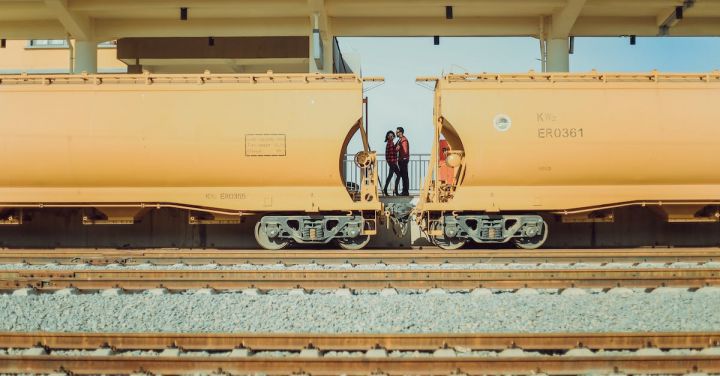When you think of railways, one image that often comes to mind is that of a powerful locomotive chugging along, its wheels turning as it carries its heavy load. These work horses of the railways are known as diesel locomotives, and they have been an integral part of the transportation industry for many years.
Diesel locomotives are powered by diesel engines, which use compression ignition to ignite the fuel. This makes them more efficient than steam locomotives, which rely on the combustion of coal or wood to produce steam. The use of diesel engines in locomotives came into prominence in the mid-20th century, replacing steam as the primary source of power.
One of the main advantages of diesel locomotives is their efficiency. They are able to convert a large percentage of the energy in the fuel into mechanical work, making them more fuel-efficient than steam locomotives. This not only saves money for railway companies but also reduces their carbon footprint. Diesel locomotives are known for their power and ability to haul heavy loads, making them the perfect choice for long-distance freight transportation.
Another advantage of diesel locomotives is their versatility. They can operate on a wide range of tracks and gradients, making them suitable for different types of railway networks. Whether it’s a mountainous terrain or a flat plain, diesel locomotives can handle the challenge. This makes them a reliable choice for railways operating in diverse geographical locations.
In addition to their power and versatility, diesel locomotives are also known for their durability. These work horses are built to withstand the rigors of daily operation, enduring extreme weather conditions and rough terrains. Regular maintenance and servicing ensure that these locomotives continue to perform at their best for many years. This longevity makes diesel locomotives a cost-effective investment for railway companies.
The development of diesel locomotives has not only revolutionized the transportation industry but also improved the lives of people. With their ability to carry heavy loads, diesel locomotives have facilitated the efficient transportation of goods, contributing to economic growth and development. They have also played a vital role in connecting remote areas, providing access to essential supplies and services.
Despite their many advantages, diesel locomotives are not without their challenges. One of the main concerns is their impact on the environment. While diesel engines are more fuel-efficient than steam engines, they still emit greenhouse gases and pollutants. Efforts are being made to reduce emissions through the use of cleaner fuels and the development of hybrid and electric locomotives.
In conclusion, diesel locomotives have been the work horses of railways for decades. Their power, efficiency, versatility, and durability have made them an indispensable part of the transportation industry. While there are challenges to overcome, the development of cleaner technologies ensures that diesel locomotives will continue to play a vital role in the future of railways. So the next time you see a diesel locomotive thundering down the tracks, remember the important role it plays in keeping our world connected and moving forward.
